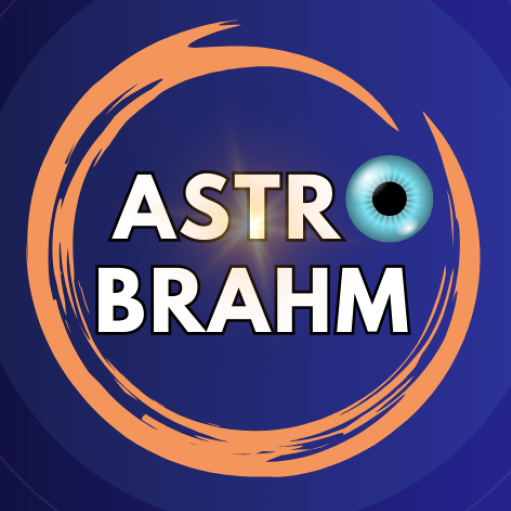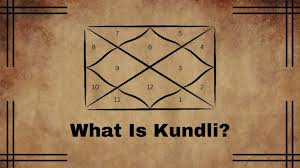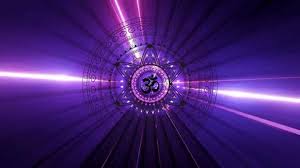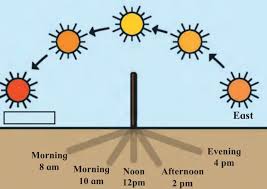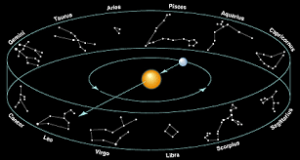In Indian Vedic Jyotish (astrology), a horoscope is referred to as a Janma Kundli or birth chart. It is a celestial map that represents the positions of the planets, the Sun, and the Moon at the exact time, date, and place of an individual’s birth. This chart serves as a blueprint of a person’s life, offering insights into their personality, strengths, challenges, and potential future events.
Key Components of a Vedic Horoscope:
- Rashi (Zodiac Sign):
- The zodiac is divided into 12 signs, each spanning 30 degrees of the celestial sphere.
- The sign in which the Moon is placed at the time of birth is called the Moon Sign (Rashi), which plays a significant role in Vedic astrology.
- Nakshatra (Lunar Mansion):
- The Moon’s position is further divided into 27 Nakshatras, each spanning 13°20′. These Nakshatras provide deeper insights into an individual’s traits and destiny.
- Lagna (Ascendant):
- The Ascendant is the zodiac sign rising on the eastern horizon at the time of birth. It determines the first house of the horoscope and influences the individual’s physical appearance and personality.
- Houses (Bhavas):
- The horoscope is divided into 12 houses, each representing different aspects of life, such as career, relationships, health, and wealth.
- The placement of planets in these houses reveals specific influences on those areas.
- Planets (Grahas):
- The nine planets (Sun, Moon, Mars, Mercury, Jupiter, Venus, Saturn, Rahu, and Ketu) are analyzed for their positions and aspects. Each planet governs specific traits and areas of life.
How a Horoscope is Used:
- Personality Analysis:
- The combination of the Rashi, Nakshatra, and Lagna provides a detailed understanding of an individual’s character, strengths, and weaknesses.
- Life Predictions:
- The planetary positions and their movements (transits) are used to predict significant events in life, such as career growth, marriage, and health.
- Dasha System:
- The Vimshottari Dasha system divides a person’s life into planetary periods, each governed by a specific planet. This helps in timing events and understanding their impact.
- Remedies:
- Based on the horoscope, astrologers suggest remedies like chanting mantras, wearing gemstones, or performing rituals to mitigate negative influences and enhance positive outcomes.
Example:
If a person is born with the Moon in Taurus (Vrishabha Rashi) and the Ascendant in Leo (Simha Lagna), their personality might reflect the stability and practicality of Taurus, combined with the leadership and confidence of Leo. The placement of planets in specific houses will further refine these traits and provide insights into their life path.
